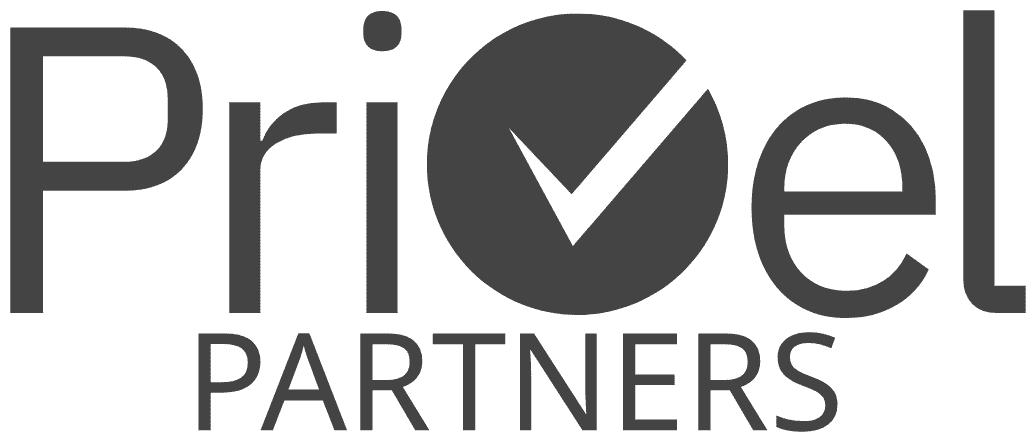Choosing an optimal business structure involve careful consideration of various elements that align with the specific needs and strategic goals of an organization. An organizational structure is not always the outcome of a systematic planning, and it is affected both from controllable and un-controllable factors. By admitting the fact that we cannot control all the factors such as political and economic stability of a country or specific geopolitical factors that may affect a Group’s operations, we choose to analyze those factors that what we can influence.
Companies may wish to design a group structure to facilitate expansion, M&A activities or to diversify their business activities into several subsidiaries to achieve a risk differentiation. As part of their overall business strategy, they may wish to establish subsidiaries in different regions to reach local markets achieving a greater geographical reach. Another factor that affects an efficient choice is deciding whether to centralize operations under a single entity or decentralize into multiple legal entities for operational efficiency. Moreover, creating specialized subsidiaries with focus on specific business functions while at the same time, managing operational risks by segregating high-risk activities into separate entities can add some points on operational efficiency and liability management by protecting the Parent entity from certain risks.
Are there any other factors that can affect a choice?
The answer is obviously positive. Nowadays, technological infrastructure plays a key role for decision makers. Companies wish to distinguish R&D activities through separate legal entities in order to take advantage both from certain tax and development incentives but also structuring those activities independently, will further foster innovation and manage research and development activities in a better way.
Moreover, succession planning and continuity were always affecting a desired structure, especially in family-owned businesses. Managing ownership and controling transitions to ensure continuity often affects the desired structure and in combination with estate planning can lead to an optimal structure for family-owned businesses.
In addition, financial considerations can lead to specific structures to facilitate capital raising through equity or debt and can also lead to a structure that will manage costs effectively maximizing the profitability of an organization.
Finally, there are cultural and social factors that can affect a decision maker especially in times where corporate social responsibility (CSR) is on the top of the agenda for C-level executives.
Balancing the above factors in combination with cross-border compliance issues and tax regulations in different jurisdictions can lead to an optimal decision. As tax laws and other legal requirements influence the formation of holding companies, subsidiaries, and special purpose entities, we at Privel Partners, are here to help you create a robust and adaptable corporate structure that suits your business goals.
For more information, please address your request at asagianni@privelpartners.gr




